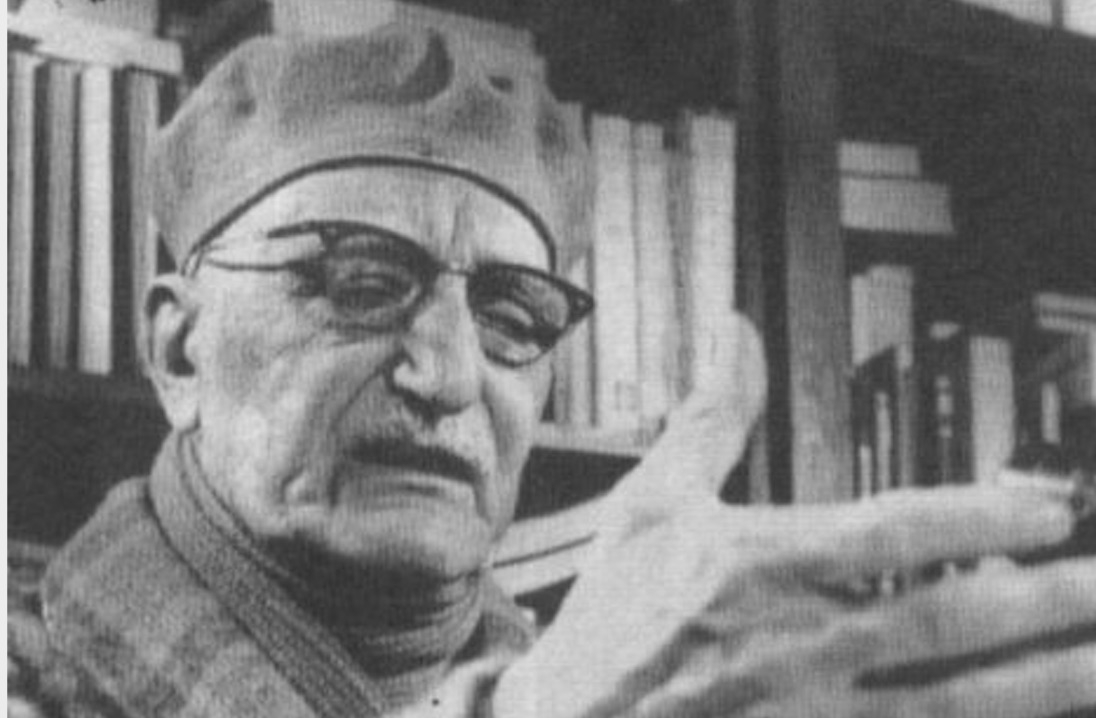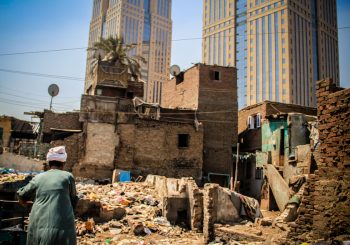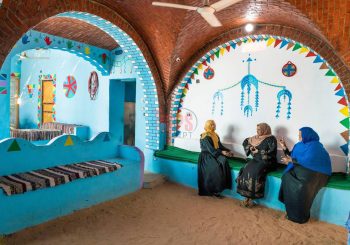A creative beacon whose light radiated in every corner in Egypt – an artist, a heart-wringer, and joy-bringer – Abbas Mahmoud El-Akkad’s art left glints in the eyes and beats in the hearts of many.
Abbas El-Akkad was born June 1889 in Aswan into modest circumstances, but rose to become one of the most influential intellectual figures in the 20th century. At the young age of six, El-Akkad began attending al-kuttab, where he was taught the Qur’an. He advanced to elementary school shortly after, where he was forced to spend only four years, ending his formal education at a young age.
His work is a testimony to his eagerness and discipline – a great writer, historian, poet, philosopher, and journalist, he was dubbed the “monk of literature.”
After leaving elementary school, El-Akkad taught himself everything he needed to know to become as influential as he was. An avid reader, he expressed interest in an array of different fields of knowledge, and also wrote in various spheres, distinguishing himself as one of Egypt’s most legendary intellectuals.
In his early years, he assumed different governmental posts; however, his love for journalism and writing led him to resign and pursue his passions. As a journalist, El-Akkad worked for Al-Dostour (The Constitution) newspaper in 1907, Al Bayan (The News) in 1911, and became the first Egyptian journalist to interview the legendary nationalist leader, Saad Zaghloul in 1908.
Driven and ambitious, El-Akkad excelled in creative writing as well, composing 11 diwans (Collections of Poems). One of his famous works include Yaqazet el-Sabah (Morning Awakening), which was a political commentary in poetic form. Some of the main themes of his work were centered around freedom of thought and expression, which he penned in poetry and writing.
He believed in the liberty of criticism and underscored the importance of being outspoken, which influenced his personal life. As an outspoken political commentator, El-Akkad was jailed for several months in 1930 for voicing remarks opposing the government. He fought many battles defending freedom of thought and the liberation of Egypt; he was a true patriot who used his writing to spread his democratic beliefs.
In 1938, he wrote the novel Sarah, a romance story, reportedly about the only woman he ever loved. However, he continued to mainly focus on writing poetry, believing it was the best outlet to express his emotions and messages.

El-Akkad enriched the Arabic library with over a 100 books on a myriad of topics and dedicated his to influencing the cultural, social, and political spheres in Egypt. He passed away in March of 1964, but his legacy as a giant intellect of the 20th-century remains alive.






Comments (2)
[…] كيف أصبح عباس العقاد مبتكرًا للشعر والنقد العربي […]
[…] كيف أصبح عباس العقاد مبتكرًا للشعر والنقد العربي […]